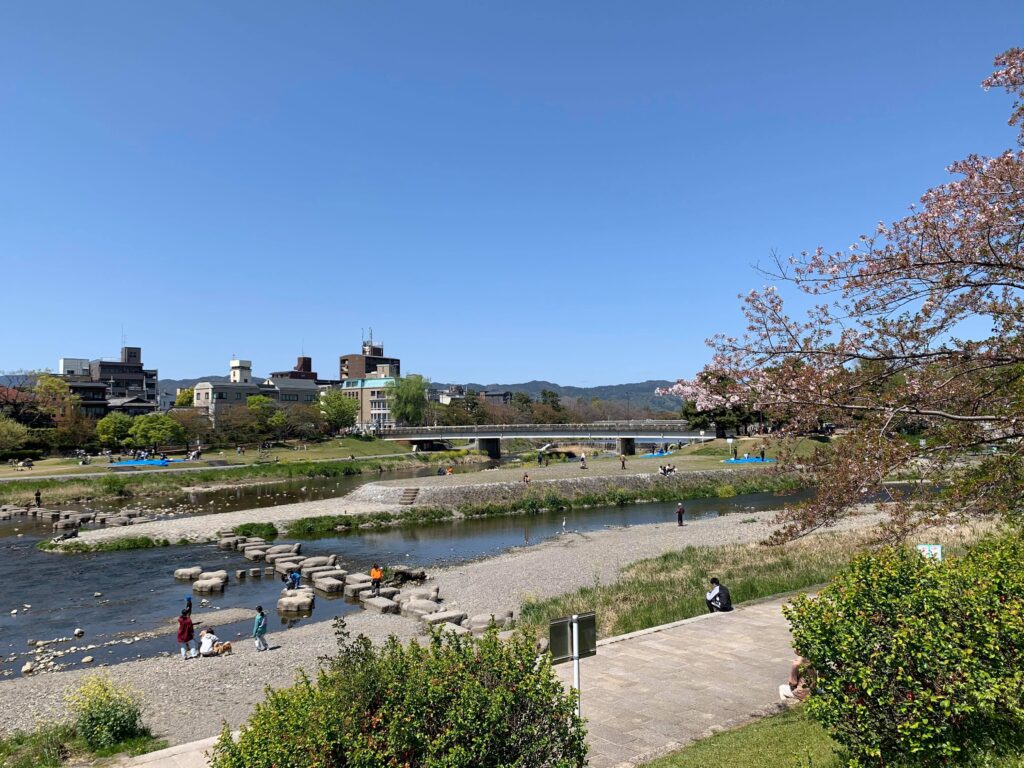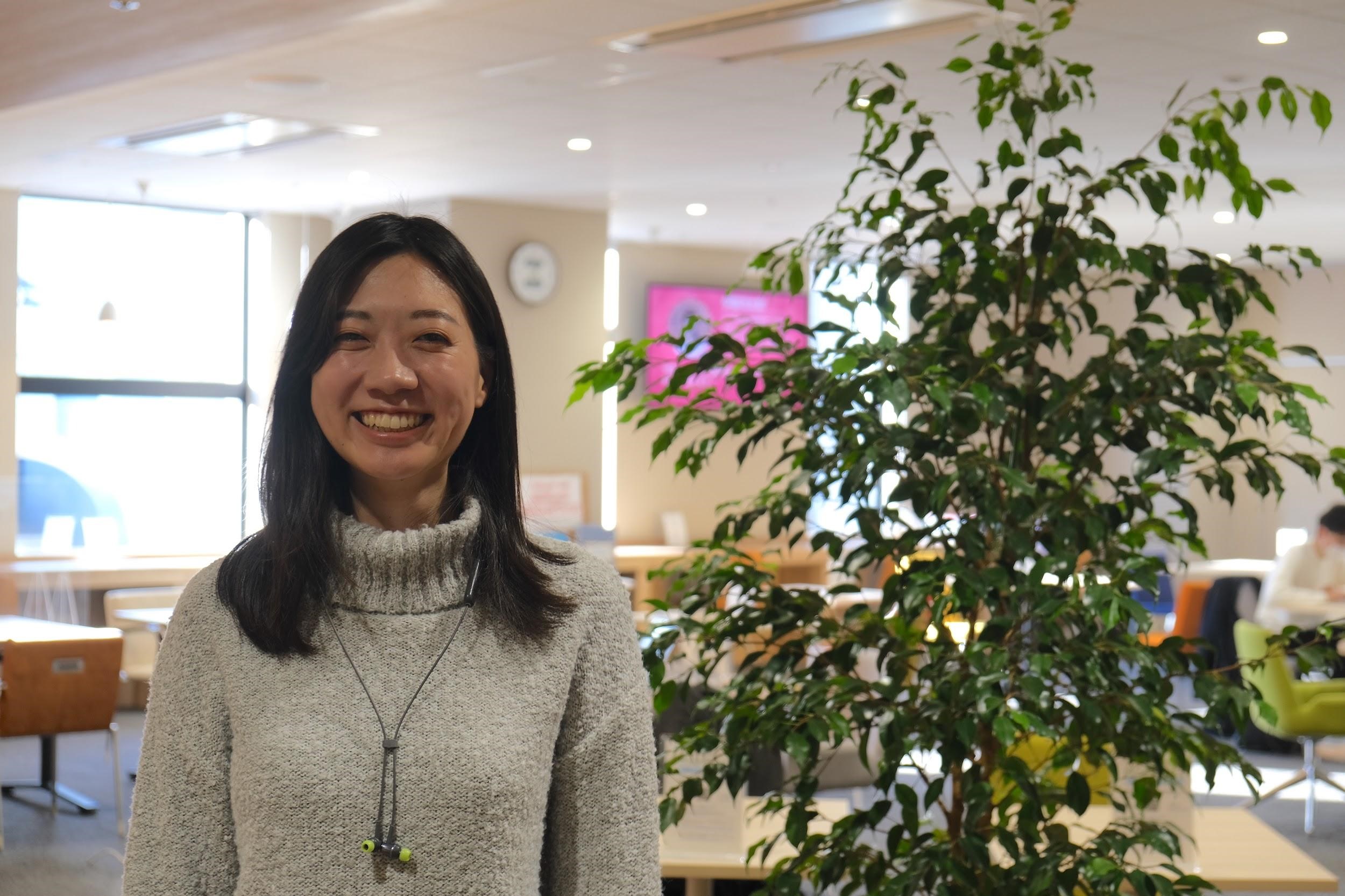インフルエンサー
Academic Industry Research Inc. CEO

Kyoto is the right size for face-to-face communication providing easy access to startup support—An expert in academia-industry collaboration talks about the benefits of launching startups in Kyoto
In the “city of students” of Kyoto, with one in ten residents being a college student, we interviewed Mr. Kensei Sumita, the Representative of Academic Industry Research Inc. that supports university spin-offs transforming their research achievements into practice in society. He talked about the ecosystem in Kyoto from the perspective of academia-industry collaboration.
Academia-industry collaboration turns research into business
Please tell us about your business.
SumitaWe are based in Kyoto and support academia-industry collaboration and startups in the Kansai area. To put it simply, we promote commercialization of the academic research achievements. Typically, we use two approaches to turn research achievements of university researchers into products and services.
Could you give us an example of a recently promising life science startup?
SumitaThere are currently no examples that I can introduce that have emerged in recent years. However, there are a few potential examples in the iPS cell field. For example, a startup called Regeneflo, Inc. was established based on the technology of CiRA(Center for iPS Cell Research and Application, Kyoto University). The startup is developing a cell-based medicine for kidney diseases.
The kidney is widely recognized as an organ that cannot be repaired, but the startup makes efforts to repair and rebuild kidney cell functions.
Producing more successful results is the key to improving the ecosystem
Some people talk about a gap between academic research and industry. What is the gap?
SumitaFirst, universities and businesses have different perspectives. Universities basically focus on education and research, whereas companies need to make a profit. This gap is not easy to fill. Some successful research achievements can be incomplete and cannot be commercialized as products and services. Such differences in their priorities and criteria prevent collaboration between them.
Since national universities were incorporated in 2004, academia-industry collaboration has been encouraged. However, things do not change all at once. Since the late 2010s, universities have put more effort into leading academia-industry collaboration. This has gradually changed the situation.
You have been working on academia-industry collaboration for 17 years. How do you view the ecosystem in Kyoto?
SumitaThe ecosystem is growing rapidly in Kyoto in the past five years or so. When I began working in this field in 2004, Kyoto University was a university that had focused on basic research. The difficult situation of startups continued for years, being also affected by events including, the global financial crisis and the screening of government projects. However, in 2014, Kyoto University Innovation Capital Co., Ltd. (KYOTO-iCAP) was founded, causing positive changes to the situation. The fund based in Kyoto was founded to invest in seed- to early-stage ventures, creating an environment that promotes dedicated research aimed at commercialization.
Note: Kyoto University Innovation Capital Co., Ltd. is a wholly owned venture capital firm of Kyoto University, established to make practical use of the findings of research conducted at the university and contribute to the creation of next-generation industries through investment activities.
Academia-industry collaboration will be increasingly in need. What is needed to improve the environment?
SumitaWe hope the number of entrepreneurs increases more and we need more people who do the kind of job we are doing. We are called business developers, startup support providers, coordinators, or maybe by different names. However, few job offers are in this field. Generally, this type of work is not recognized so much.
I started my career in this field by joining the New Energy and Industrial Technology Development Organization (NEDO), which at the time conducted a program to train human resources for academia-industry collaboration. With that background, I launched Academic Industry Research Inc., a private company that maximizes collaboration. We hope to demonstrate that our business is certainly needed by presenting one or two more cases of success.
In Kyoto, startups can slowly and persistently grow their businesses
How do you describe the ecosystem in Kyoto?
SumitaAfter working for academia-industry collaboration in Osaka for 10 years, we moved to Kyoto three years ago. Compared with Osaka and Tokyo, the ecosystem in Kyoto has a reasonable size. You can develop more casual relationships with banks and universities and consult with them without hesitation. The community is also not too big, so you can know who you should talk to. The ecosystem in Tokyo is well-established but heavily relies on the University of Tokyo. If you are not a member of the community, you may be unable to receive sufficient support.
In Kyoto, after the foundation of KYOTO-iCAP, and other Kyoto-based VC such as MIYAKO Capital and Monozukuri Ventures seed-stage startups can more easily raise capital to move on to the next stage. KYOTO-iCAP collaborates with large local companies, banks and American-based accelerators that provide support, creating a favorable environment for entrepreneurs to launch startups.
Please give a message to entrepreneurs who are ready to start their businesses in Kyoto.
SumitaUniversity spin-offs need time. They operate at a totally different pace from ventures producing IT services. In manufacturing, commercially potential research achievements require at least three years to turn into commercially viable products or services, with the entire process beginning with the conclusion of a confidentiality agreement, which alone takes several to six months. The process can take even decades when you start with fundamental research. It costs time and money. Biotechnology and deep tech startups have different timelines from internet-related businesses. Take your time and be patient. We are here to support you.
Lastly, please tell us about your favorite spots in Kyoto.
SumitaI like the whole city. Kyoto has nature nearby and good food. If I pick one spot, I would say my favorite is the Kamo River. My kids and I enjoy hopping over turtle-shaped stepping stones across the river. In summer, I wear shorts and play with water with my kids there.
I studied geology and I like nature. I feel comfortable living in Kyoto.

Academic Industry Research Inc.
https://aird.jp/




